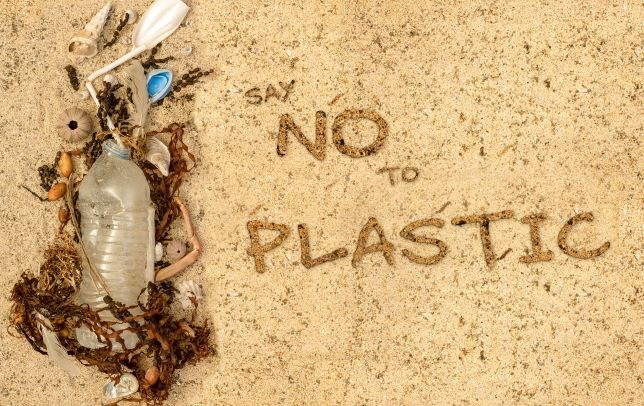Agreement to tackle microplastic pollution
The Council of the European Union, under the leadership of the Polish Presidency, and the European Parliament have reached a preliminary agreement on EU legislation to reduce the release of plastic pellets (granules) into the environment.
The new law aims to better protect the environment, while taking into account the opportunities for smaller companies and adapting simplified rules to them. The preliminary agreement will now have to be formally approved by the Council and the European Parliament.
- Microplastics, including pellets, are now present almost everywhere - in the oceans, seas and even in the food we eat. Every year, an amount equivalent to up to 7,300 truckloads of plastic pellets enters the environment. Today, the European Union has taken an important step forward to counter the loss of granules and to ensure that they are properly managed, including in maritime transport, says Paulina Hennig-Kloska Minister for Climate and Environment.

Under the new rules, the prevention of plastic granulate losses will be the responsibility of EU and non-EU companies and transporters. Each installation handling granulate will have to prepare a risk management plan, which will cover, among other things, safe packaging, loading and unloading procedures, employee training and the availability of spill response equipment.
Companies processing more than 1 500 tonnes of pellets per year will have to be certified by an independent body. Smaller companies, also processing more than 1 500 tonnes per year, will be able to benefit from a simplified procedure - a one-off certification carried out within five years of the regulation coming into force. The smallest companies, handling less than 1 500 tonnes per year, and micro-enterprises will only be required to issue their own declaration of conformity.
Maritime transport accounted for around 38% of EU pellet shipments in 2022. Maritime carriers will also be covered by the new rules, imposing obligations on packaging quality and the provision of transport information, in line with International Maritime Organisation guidelines.



